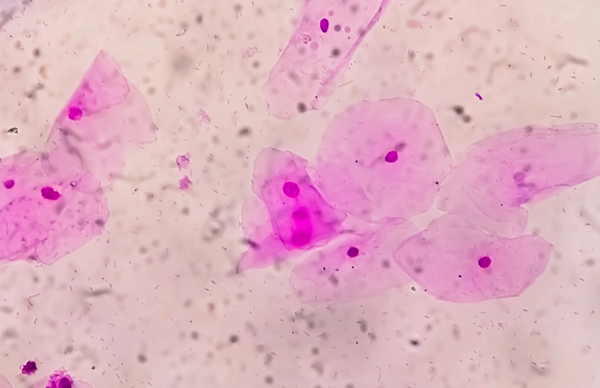Bacterial vaginosis
What is bacterial vaginosis? Causes, symptoms and treatment
Bacterial vaginosis is a common condition for women and comes from many different causes. The most common symptoms are greyish discharge with a fishy odor. For some, bacterial vaginosis can go away on its own, but it can also be treated if it does not. There are good treatment methods that you can read about below.
In this article you will get information about how a medical examination takes place, who should be treated, causes and symptoms. At the bottom you will also find frequently asked questions about bacterial vaginosis. If you have experienced bacterial vaginosis before and recognize the symptoms, you can get treatment through a digital form.
Self-service treatment 295,–See available appointments in clinic








